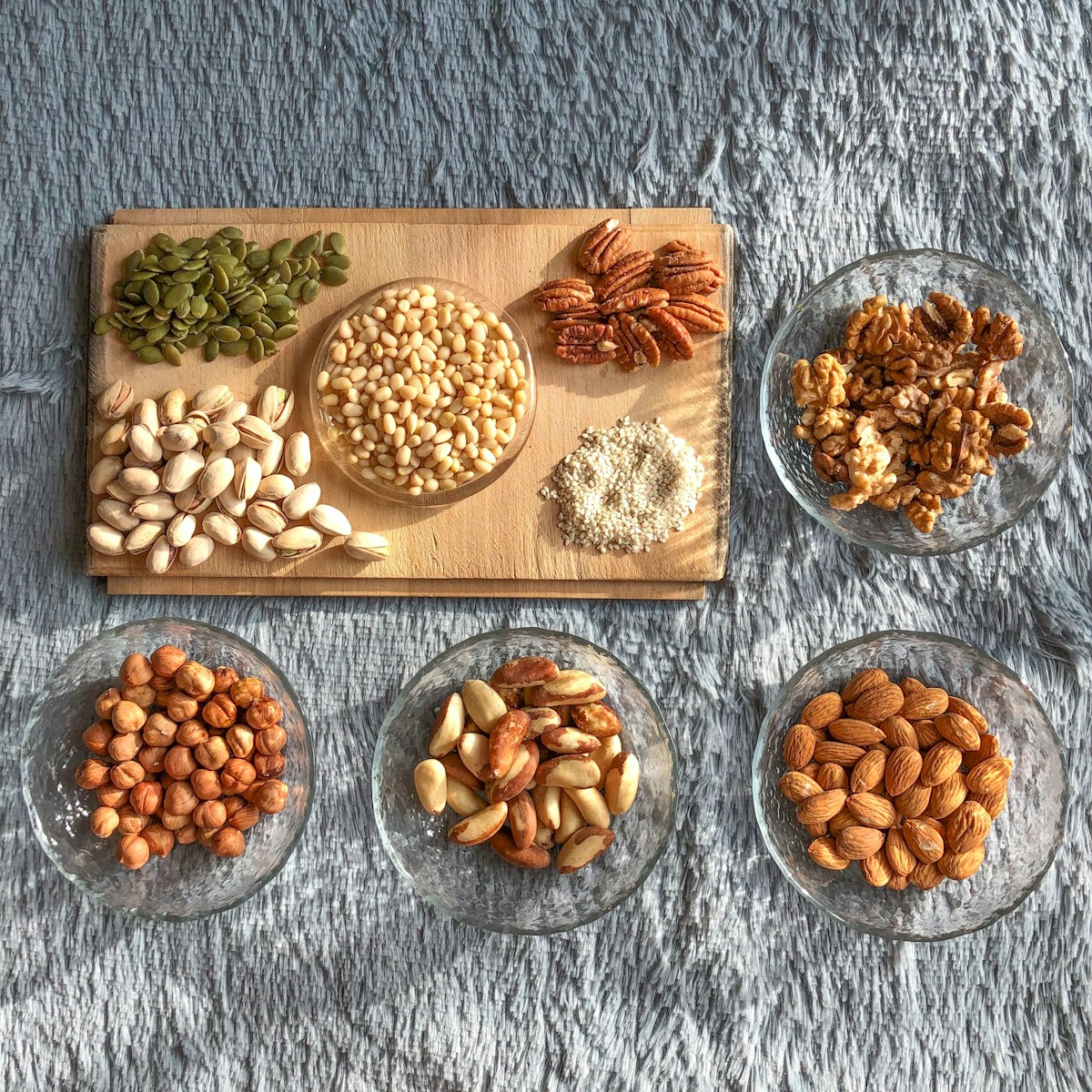
The human body is an intricate, interconnected system where the functioning of one part often impacts several others. One such fascinating connection is between our gut and our brain. Studies have shown that our gut, often referred to as the second brain, can significantly influence our mental and emotional health, including anxiety levels. In this article, we will explore this intriguing gut-brain connection and how our diet can directly impact anxiety levels.
[hostinger-affiliate-table id=”1413″]



[hostinger-affiliate-table id=”1413″]






Understanding the Gut-Brain Connection
The gut-brain connection refers to the bidirectional communication between our gut (the gastrointestinal tract) and the brain. This connection is maintained through several pathways, including the immune system, the vagus nerve, and more. Interestingly, the gut houses about 100 trillion bacteria, known as gut microbiota, that play a crucial role in maintaining overall health and affecting the brain’s function.
The gut and brain are in constant communication, and changes in one can significantly impact the other. The gut microbiota influences brain chemistry and behaviour. It helps produce several neurochemicals that the brain uses to regulate physiological and mental processes, including mood. For example, about 95% of the body’s serotonin, a neurotransmitter that helps regulate mood and social behaviour, is produced in the gut.
Gut health can therefore have a profound impact on mental health, with research suggesting a correlation between gut health and mental health disorders like depression and anxiety. This correlation is believed to result from inflammation and changes in the gut microbiota due to factors like poor diet, stress, and lack of sleep, subsequently impacting brain function and mental health.
The Role of Diet in Managing Anxiety Levels
Understanding the gut-brain connection provides a clear pathway to managing anxiety levels through diet. Since our gut microbiota plays a vital role in our mental health, maintaining a healthy gut is crucial. A balanced diet, rich in probiotics and prebiotics, can help promote a healthy gut microbiota.
[hostinger-affiliate-table id=”1413″]
Probiotics are beneficial bacteria that add to your gut’s colony of healthy microbes. They can be found in foods such as yogurt, kefir, sauerkraut, and other fermented foods. Prebiotics, on the other hand, are types of dietary fiber that feed the friendly bacteria in your gut. Foods rich in these include bananas, onions, garlic, and whole grains.
An unhealthy diet, high in sugars, fats, and processed foods, can disrupt the balance of our gut microbiota and cause inflammation, leading to symptoms of anxiety. Foods high in sugar and fat can also trigger the body’s stress response, leading to increased anxiety levels. Therefore, maintaining a balanced diet not only benefits physical health but can also serve as an effective strategy for managing anxiety.
[hostinger-affiliate-table id=”1413″]
In conclusion, the gut-brain connection plays a significant role in influencing our mental health and anxiety levels. By understanding this connection, we can utilize our diet as a tool to manage anxiety levels effectively. Incorporating probiotics and prebiotics into our diet, limiting the intake of processed foods, sugars, and unhealthy fats, we can maintain a healthy gut microbiota. This, in turn, can help regulate our mood, reduce inflammation, and help manage anxiety levels. As research continues to uncover the depth of this connection, it becomes increasingly clear that taking care of our gut health is an integral part of maintaining overall mental and physical wellbeing.












